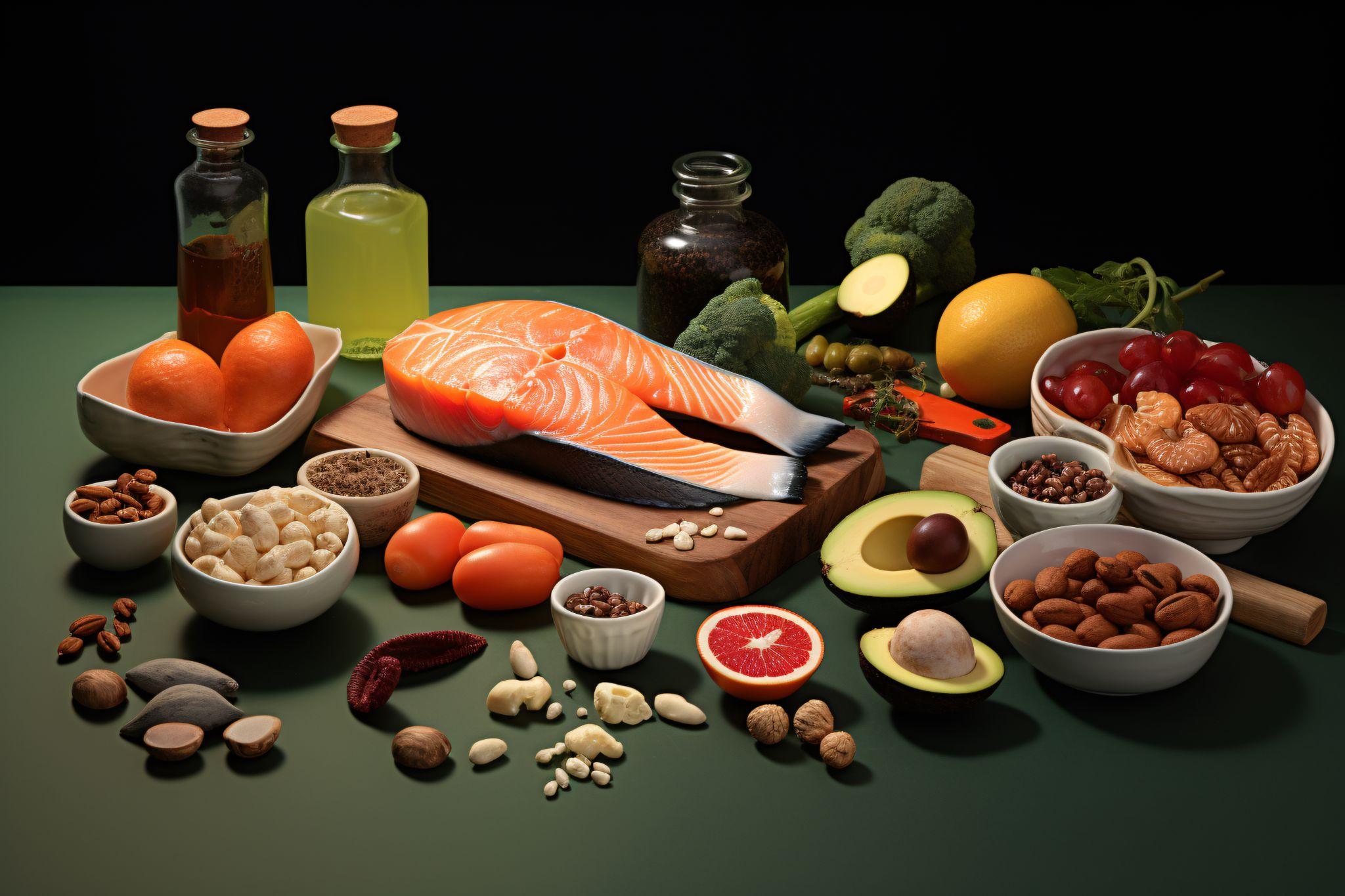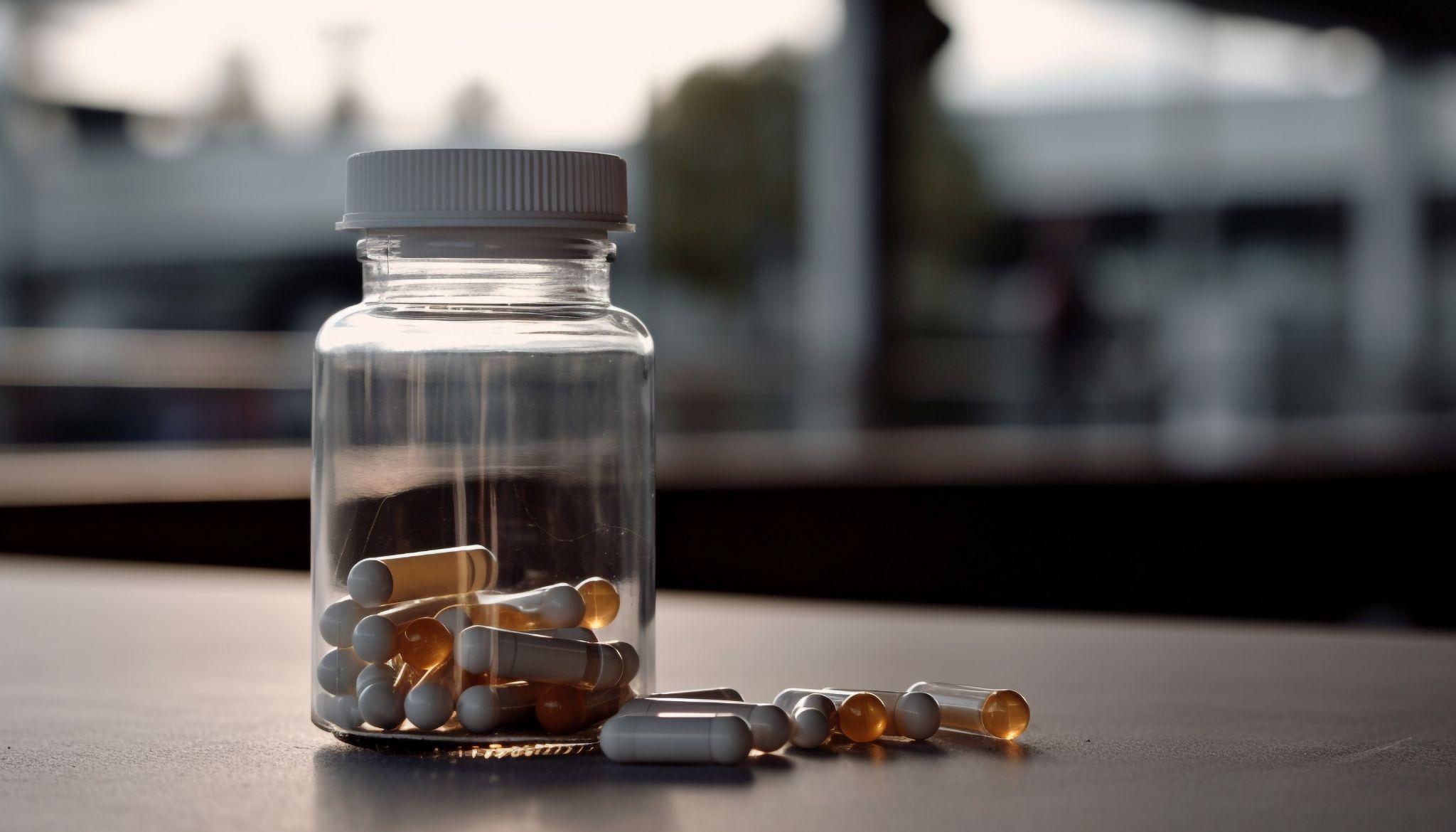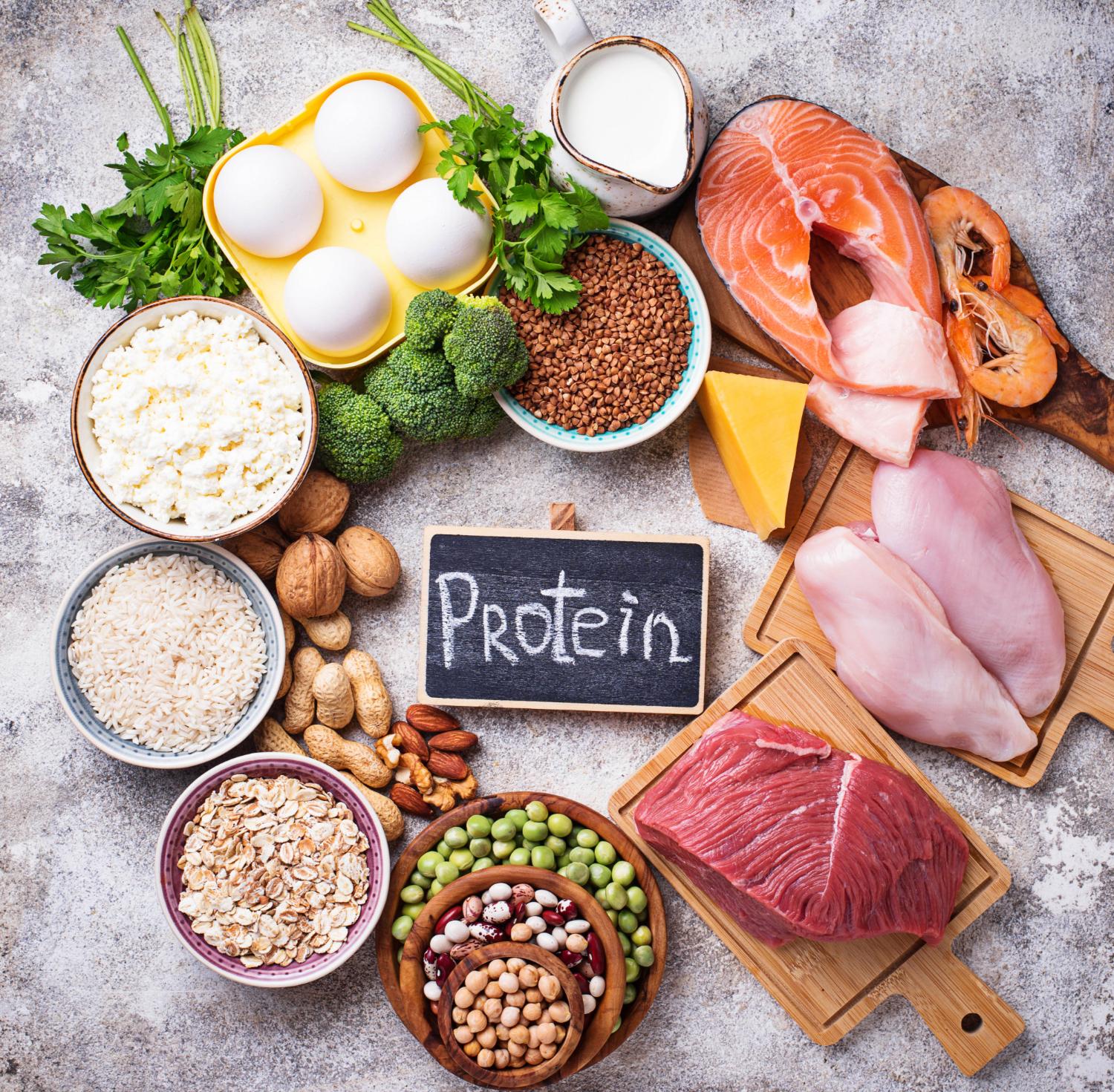A Patient's Guide to Healing: Nutrient Tips After Fracture Repair

Your body requires additional energy and nutrients during and after a fracture to replace lost bone tissue. What you consume during this period can either speed or impair the healing process.
Anybody can get a fracture due to an accident, sports injury, fall, or a disease such as osteoporosis. As the fracture develops, the body starts healing automatically. It is a complex and time-consuming process. It is a process of inflammation, bone formation, and remodelling to restore the bone to its original strength.
While relaxation, medical care, and physical therapy are all fundamental aspects of the process, many people are unaware that nutrition also plays a vital role in bone healing. Here in this blog post, we'll be exploring the food required to heal bones, presenting an example of a meal plan for recovery, and listing food and eating habits you shouldn't do. At the end, you'll have a complete guide on how to have your eating habits function in favor of bone recovery.
How Nutrition Aids Bone Healing
Bone repair is not simply fixing the fractured piece, but also reconstructing it so it'll be strong enough to endure pressure and stress. And all that repairing requires energy, protein, vitamins, and minerals.
All phases of bone healing, from acute inflammation to new bone formation and remodeling, are based on nutrients that promote tissue regeneration, reduce inflammation, and increase blood supply. Poor diet may slow healing, reduce the strength of the healed bone, or cause complications such as infection.
The best nutrition facilities are:
- Reformulate bone matrix (skeleton structure)
- Develop the muscles and joints around the body strongly
- Avoid inflammation and swelling.
- Reduce the risk of repeated injury or healing impairment (non-union)
Top Foods Your Body Needs to Heal Bones

Your eating habits have a significant influence on how fast and well your fracture heals
Let’s see the key nutrients your body requires following a fracture:
1. Protein
Protein is the building material in all tissues, bone included. When your body heals, it employs protein to reform the matrix and soft tissue around the fracture. It also helps form collagen, which gives structure and suppleness to healing bones.
Sources: Eggs, milk, cheese, chicken, fish, lentils, chickpeas, tofu, nuts, and soy foods.
2. Calcium
Calcium is needed to make bones stronger. Your body requires more calcium during healing because it recasts the fractured bone and fortifies its skeleton.
Food sources: Milk, yogurt, paneer, cheese, sesame seeds, almonds, tofu, broccoli, and leafy greens such as spinach and kale.
3. Vitamin D
Vitamin D coordinates with calcium by enabling your body to digest it properly. It is beneficial for your immune system to prevent infection and aid healing.
Sources: Sunlight for 15–20 minutes daily, milk and dairy foods with added vitamin D, egg yolks, fatty fish (salmon and mackerel), and supplements (only on medical advice).
4. Vitamin C
Vitamin C is necessary for collagen synthesis, which is essential for soft bone tissue to harden into bone. It's also an anti-inflammatory that retards inflammation and aids in safeguarding immunity.
Food sources: Oranges, lemons, strawberries, kiwis, bell peppers, tomatoes, amla (Indian gooseberry), and guava.
5. Zinc
Zinc supports cell growth and immune response. It helps your body fight off infection and repair damaged tissue, so it's essential to the healing process of a break.
Sources: Pumpkin seeds, sunflower seeds, whole grains, beans, red meat, dairy, and lentils.
6. Magnesium
Magnesium works together with calcium to help strengthen the bones. Without sufficient magnesium, bone density would be lower and healing would be compromised.
Sources: Almonds, cashews, peanuts, dark chocolate, bananas, leafy greens, whole wheat, and oats.
7. Vitamin K
Vitamin K mineralizes the bone and is also responsible for blood clotting. It calcifies the newly formed bone.
Sources: Kale, spinach, broccoli, cabbage, and fermented foods such as curd and natto.
8. Iron
Iron is needed to synthesize hemoglobin, which transports oxygen to the damaged area. Oxygenated blood enables quicker repair of cells and tissues.
Sources: Red meat, liver of chicken, spinach, lentils, beans, raisins, dates, and cereals that are fortified.
Example Healing Diet Plan
The following is a simple and well-balanced diet plan to assist in fracture healing:
- Breakfast: Almonds, walnuts, sliced banana on milk-cooked oatmeal, and boiled egg as an accessory.
- Lunch: Grilled paneer or chicken breast, brown rice or quinoa, and spinach, bell pepper salad with lemon dressing.
- Snack: Chia seed with yogurt bowl and strawberry or kiwi fruit.
- Dinner: Steamed fish or tofu and vegetables like broccoli, carrots, mushrooms, and stir-fry, and brown rice or millet as a side dish.
- Drinks: Drink 8–10 glasses of water each day. Include bone broth, milk, and fresh juices in that, too.
Foods and Habits to Avoid
Some foods and habits during rehabilitation may have adverse effects on bone repair and need to be avoided or minimized:
Excess Caffeine: Too much coffee or tea lowers calcium absorption, weakening bones. Limit to 1–2 cups daily.
Sugary and Processed Foods: They cause more inflammation in the body and contribute nothing toward nutritional needs.
Smoking: Lowers blood supply to bones, inhibits healing, and contributes to complications.
Alcohol: Disturbs bone cell metabolism and calcium balance. Even minimal use will also slow healing.
Skip Meals or Crash Diets: Your body needs more, not less, nutrients during recovery. Do not starve yourself or go on starvation diets without the advice of a doctor.
Supplementation: When Diet Isn't Enough

Sometimes our body needs more than just nutrients, and we need to consume supplements for better recovery.
Sometimes, your body may not get enough nutrients through food alone, especially if you’re older, have digestive issues, or other medical conditions. In such cases, doctors may recommend supplements.
Common supplements during fracture recovery:
- Calcium + Vitamin D: Often taken together for bone strength
- Multivitamins: As a filler for any other nutrients lacking
- Protein powders: For individuals who cannot keep up with protein requirements through diet
- Warning: Never supplement independently. An overdose is more dangerous than it is helpful. Always supplement with the guidance of a doctor.
Bone Hydration and Recovery
Hydration is a silent but essential contributor to recovery. It allows for the movement of nutrients and oxygen into the damaged tissue, the removal of waste products, and the maintenance of cellular function.
Drink at least 8–10 glasses of water a day unless your physician tells you otherwise. Aside from water, hydrating foods such as fruits, soups, coconut water, and broths with meals can also help.

Staying in nature for 15 minutes every day helps in daily life.
Healing is a Whole-Body Process
Bone healing is not necessarily about healing the break location; it's about healing your whole body. A healthy immune system, a healthy gut, and a good mood are all shortcuts to quicker healing.
Ensure that you:
- Take a lot of rest and sleep
- Finish your physical therapy as instructed
- Keep your mind quiet and positive.
- Deal with any other health conditions, such as diabetes or thyroid disorder.r
- Listen to your body. Do not strain yourself, and let your body heal fully.
Conclusion
Fracture healing is a process of medical care, physical rehabilitation, rest, and most importantly, nutrition. A food source containing protein, calcium, vitamin D, and vitamin C is an excellent benefactor in building healthy, strong bones. Besides this, abstinence from unhealthy foods and a lifestyle is also necessary.
Remember: Food is medicine, and eating well is as important as taking your prescriptions. If you’re unsure about what to eat, consult your doctor or a registered dietitian for a personalized nutrition plan that supports your recovery goals.





